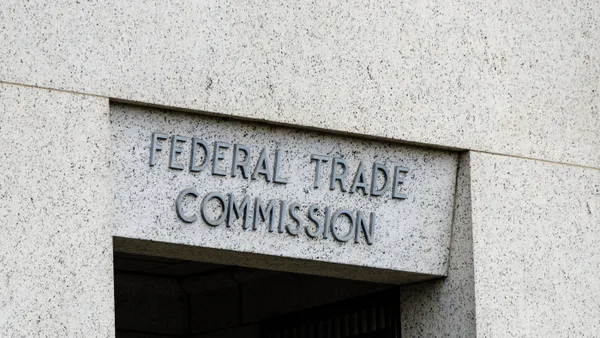Dive Brief:
- The U.K. Financial Reporting Council said Thursday that it sanctioned Sushovan Hussain, the former CFO of British software vendor Autonomy, over charges related to his 2018 fraud conviction in the U.S.
- As part of a settlement with the FRC, Hussain submitted to a 20-year ban from membership in Britain’s Institute of Chartered Accountants in England and Wales, retroactive to 2018, according to a press release. The disgraced former CFO also agreed to pay £450,000 to cover the costs of a probe into the matter by the RFC’s Executive Counsel, the accounting watchdog said.
- “The long period of Exclusion reflects the seriousness of the Misconduct as evidenced by the fraud offences under the US Criminal Conviction,” the release said. “The Misconduct seriously undermines public confidence in the standards of conduct of Members and has brought discredit to the accountancy profession.”
Dive Insight:
The settlement addresses misconduct by Hussain that resulted in his April 2018 conviction in the U.S. on 16 counts of fraud, the council said. Following his conviction, Hussain received a five-year prison sentence and was ordered to pay about $10 million in fines.
Hussain was charged in the criminal case over his conduct in connection with Autonomy’s 2011 sale to Hewlett-Packard for about $11.7 billion.
Until its acquisition by HP, Autonomy was incorporated in England and Wales and maintained dual headquarters in both the U.S. and U.K.
For more than two years prior to the sale, Hussain, a citizen and resident of the U.K., falsely inflated Autonomy’s revenues to make it appear the company was growing when it really was not, the U.S. Department of Justice said at the time. Hussain used backdated contracts and other forms of accounting fraud to inflate Autonomy’s publicly-reported revenues by as much as 14.6% in 2009, 17.9% in 2010, 21.5% in the first quarter of 2011, and 12.4% in the second quarter of 2011, DOJ said.
The case resulted in an RFC complaint against Hussain in May 2018, which was subsequently stayed while Hussain appealed the conviction, according to the U.K. accounting watchdog. In the meantime, Hussain consented to an interim order that suspended him from membership in the ICAEW. Ultimately, his appeal was unsuccessful.
In its Thursday release, the RFC said that Hussain accepts that the criminal conviction amounts to misconduct that is in breach of the “Fundamental Principle of the ICAEW Code of Ethics to act with integrity.” Under the settlement, he is banned from working as an accountant in the U.K. until November 2038.
The RFC’s Executive Counsel decided that it was not in the public interest for a disciplinary tribunal in the U.K. to deliberate on the matter in light of the “significant overlap” between the watchdog’s complaint and the findings in the U.S. criminal conviction.
“The Executive Counsel therefore relies on the US Criminal Conviction alone to establish Misconduct,” the release said.
Hussain could not immediately be reached for comment.












